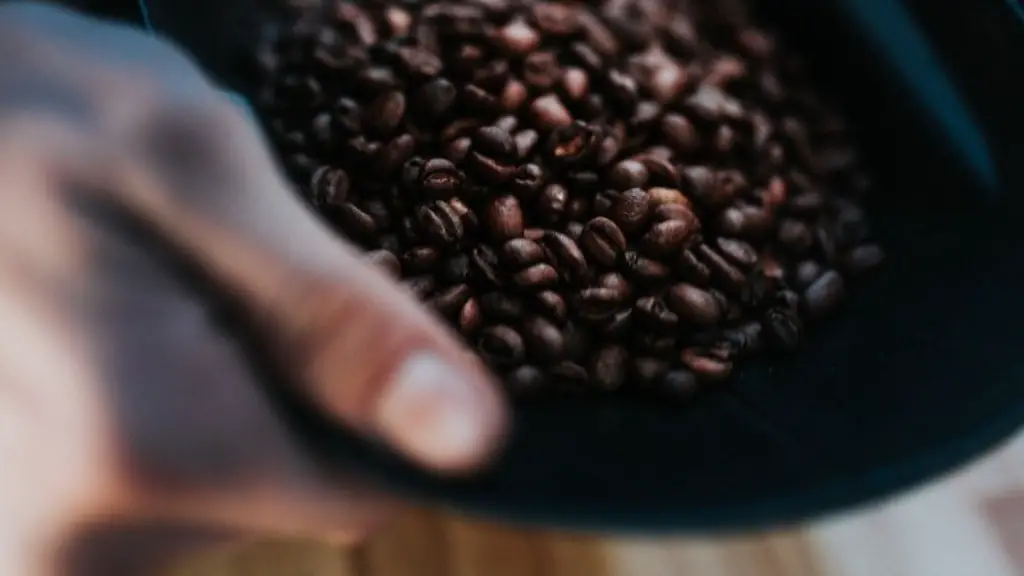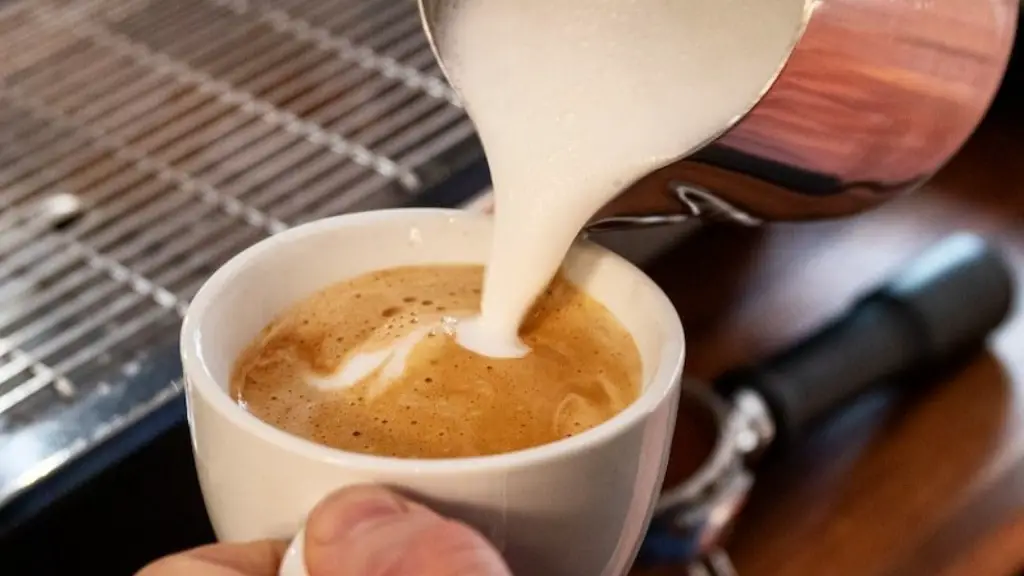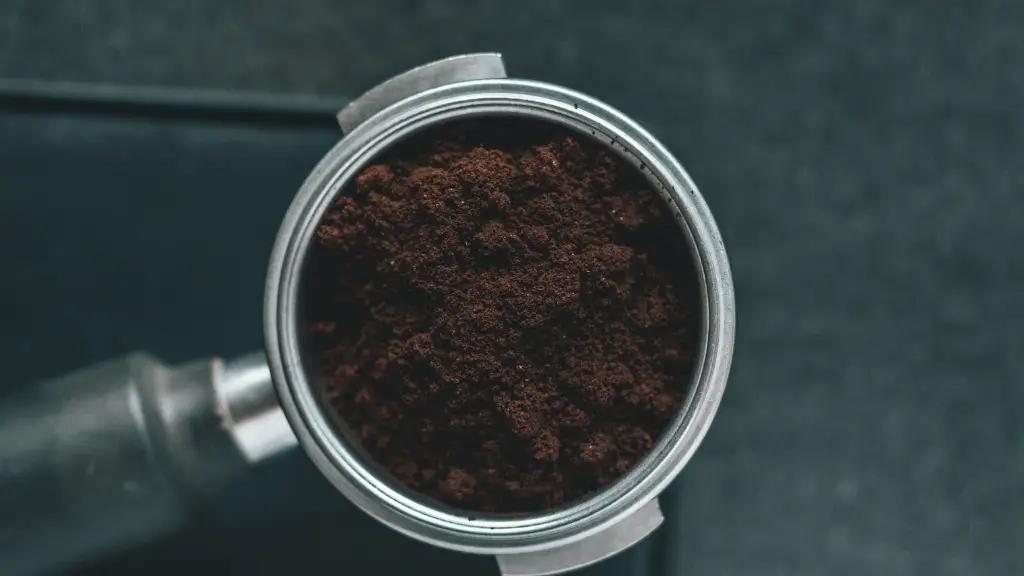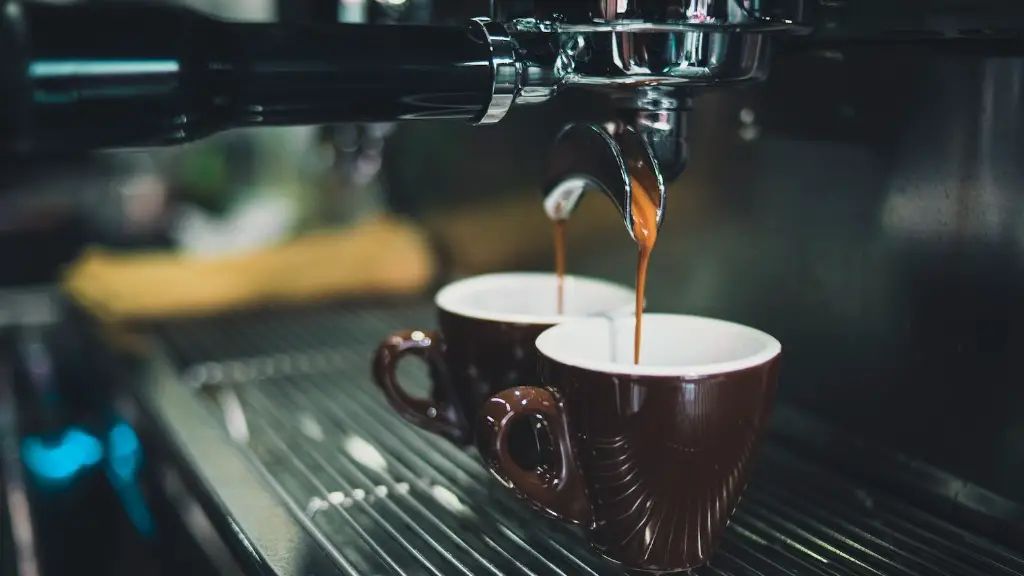Overview
Having the flu can be a miserable experience, leaving the sufferer feeling tired and drained of energy. Caffeine can offer a remedy to that feeling of exhaustion by providing a quick boost of energy. But is drinking coffee when having a bout of influenza safe? The answer is not that straight-forward – it really depends on the severity of the flu and its symptoms.
The Health Risks of Caffeine
Caffeine is a stimulant that can cause an increase in heart rate and blood pressure. When a person has the flu, they already display symptoms of increased heart rate, fever and a slight rise in blood pressure. Therefore, an excessive amount of caffeine intake can exacerbate those symptoms and make the flu worse—causing more discomfort for the sufferer.
Drinking coffee can also cause dehydration because its natural diuretic effects override our body’s natural hydration mechanisms. The flu can cause dehydration and having coffee exacerbates that problem. Therefore, if a person has the flu it is best to avoid using coffee to gain energy, as it can be counterintuitive by causing more harm than good.
Coffee for Relief
However, depending on the severity of the flu and its symptoms, there can be some cases where caffeine can be recommended. If a person has a particularly mild bout of the flu, drinking coffee in small to moderate amounts can provide a boost of energy to help fight the fatigue.
A team of experts at Harvard Medical School has noted that people who are not experiencing severe flu symptoms can benefit from a moderate daily dose of caffeine. Intake of one to two cups of a caffeinated beverage is recommended, depending on how sensitive the person’s body is to caffeine.
Even though drinking coffee can help mildly, it is important to note that coffee cannot cure the flu or even related illness. In summary, from a medical point of view, the intake of coffee should be seen as a “last resort” for gaining energy when feeling exhausted due to the flu.
How to Drink Coffee with the Flu
If for whatever reason, a person feels the need to supplement their energy levels with coffee, it is important to take the necessary precautions. It would be wise to check one’s pulse before and after drinking coffee—ensuring it does not increase any more than normal. Furthermore, one should avoid making the drink too strong, as the intake of excessive amounts of caffeine can aggravate other symptoms of the flu.
It is also advised, when having the flu, to avoid the use of cream and sugar in the coffee. Cream can contain a high level of fat, and is not recommended when feeling ill. Sugar can vary blood glucose levels, which should already be on the rise due to the fever associated with the flu. Therefore it is best to avoid adding sugar, and rely on the natural sweetness of coffee. It is also advised to drink coffee when having a meal, as food tends to provide a buffer against the effects of caffeine.
Alternative Beverages to Coffee
If coffee is not the preferred option for a person who has the flu, there are other alternatives that provide energy. Tea is a popular beverage that does have some caffeine but much less than coffee. Furthermore, there are plenty of herbal teas that don’t have any caffeine, all of which can have energizing, rejuvenating and detoxifying benefits.
Finally, depending on the severity of the flu, it is always beneficial to rest. Keeping hydrated and sleeping, having plenty of vitamins and minerals and taking medicines when necessary are the best ways to help relieve the symptoms of the flu and to recover more quickly.
Remedies to Avoid When Having the Flu
There are certain remedies that should be avoided when having the flu. Although many people think having cold showers can help fight the flu, they can instead worsen symptoms due to their effect on the respiratory system. Taking too much Vitamin C can also be dubious—with too much it can cause digestive issues.
Similarly, having too much garlic during an inflamed period should be avoided. After a specific amount is consumed, garlic can have a detrimental effect on the body due to its ability to make one’s breath and sweat smell.
Overall Considerations
In conclusion, it is important to assess the severity of the flu before considering drinking coffee as a way to fight the fatigue. While caffeine can help to boost a person’s energy during a mild bout of influenza, it can also have an effect on the symptoms associated with being ill. Therefore, other methods of gaining energy such as teas and rest should be the preferred options when having the flu. Coffee should only be used as a last resort and in moderation.
Hygiene Practices
It’s essential to employ good hygiene practices to avoid contracting the flu. This includes washing your hands regularly and using a hand sanitizer when you’re in public places such as supermarkets and restaurants. Other good practices include using disposable tissues when sneezing or blowing your nose, avoiding touching your eyes and nose, and often vacuuming your house to remove any predisposed particles.
Healthy Eating Habits
Eating a balanced diet is also essential to avoiding getting the flu. Your diet should contain all essential nutrients including iron, protein and calcium. Eating healthy snacks between meals is also beneficial, and including plenty of fruits and vegetables in your diet can provide antioxidants that help to reduce the risk of infectious diseases.
Physical Exercise
In addition to healthy eating, physical exercise is also important for avoiding infections. Exercise helps to boost our immune system and make us stronger, making us less likely to catch a virus or other diseases. Additionally, it helps to reduce stress, which can make us more prone to becoming ill.
Vaccination
Getting vaccinated is another way to help fight the flu. Vaccinations help to reduce the risk of catching a virus and provide us with active immunity. It is advised to take the vaccination annually, as it can help to reduce the severity and duration of the illness should you contract it.




